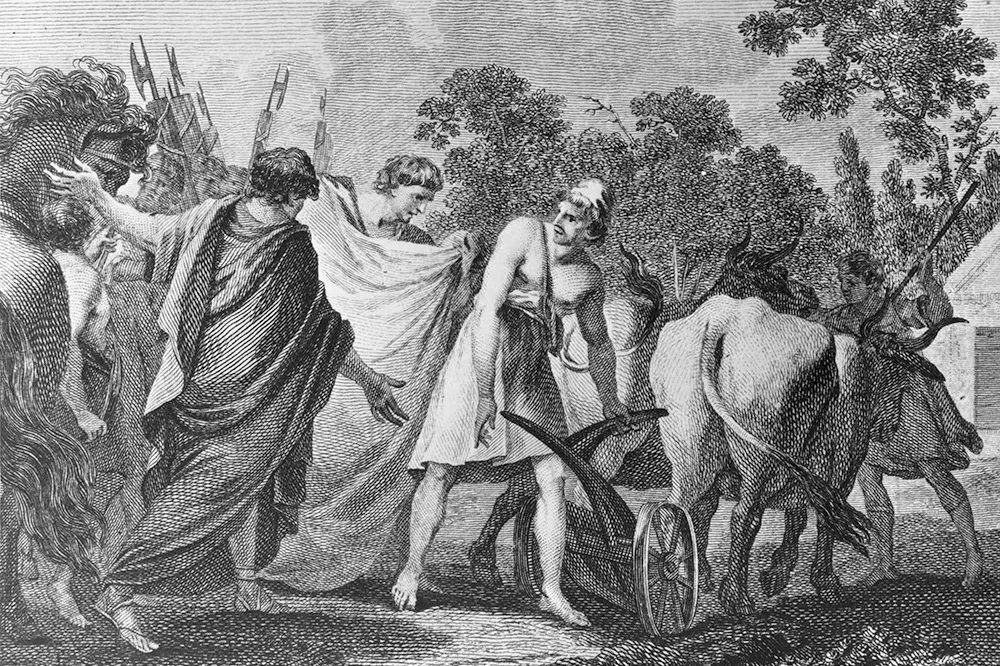A professor of neurophysiology has announced that anger is a good thing with a “very useful purpose,” unless it turns to aggression. Top thinking, prof!
The first word of Western literature is the “rage” of Achilles, which Homer tells us was “murderous” and brought endless grief to the Greeks. What? Come again, Homer old boy, surely you meant “the Trojans?” Alas, no. This led directly to the death of Achilles’ dear friend Patroclus and the early death of Achilles. When Achilles realizes what he has done, he admits there may be pleasure in anger “sweeter than the dripping of honey” but wishes it would disappear from the face of the Earth.
So did many ancient moralists. Seneca wrote a treatise on the subject, describing what an angry person looked like: eyes blaze and flash, face crimsons with blood, lips quiver, teeth clench, hair bristles and stands on end, etc. But then he was a stoic, who believed man must live by reason alone. The Greek essayist Plutarch took the view of an earnest schoolmaster: get a grip; you’re the only one who can deal with it; no one else can do it for you; look at the effects it can have; understand what a fool you look; it is a mental disease which will destroy you and everyone else.
Aristotle, with his passion for the “mean,” admired the “angerless” man (a word he invented: we might translate it “even-tempered” or “equable”). While the “irascible” man would typically fly off the handle but immediately fly back on again, or do nothing but fly off the handle, or (even worse) nurse his wrath to keep it warm, the “angerless” man would “feel anger for the right reasons, against the right people, at the right moment, for the right length of time.”
No doubt the prof would agree. He certainly suggests anger is good for scientists, in moderation (did the great Archimedes, killed by a Roman soldier whom he told to get lost for messing up his experiment, overreact?) But whatever its human consequences, the emotion can surely boast a rich cultural heritage, from the God of the Old Testament and the minor prophets through Greek tragedy to the Roman satirist Juvenal and beyond.
This article was originally published in The Spectator’s February 2025 World edition.


























Leave a Reply